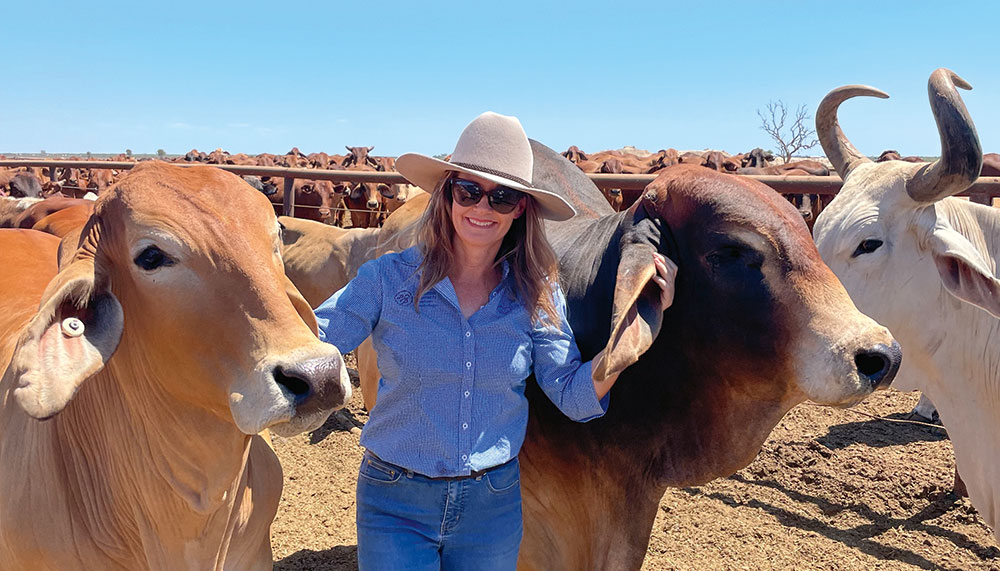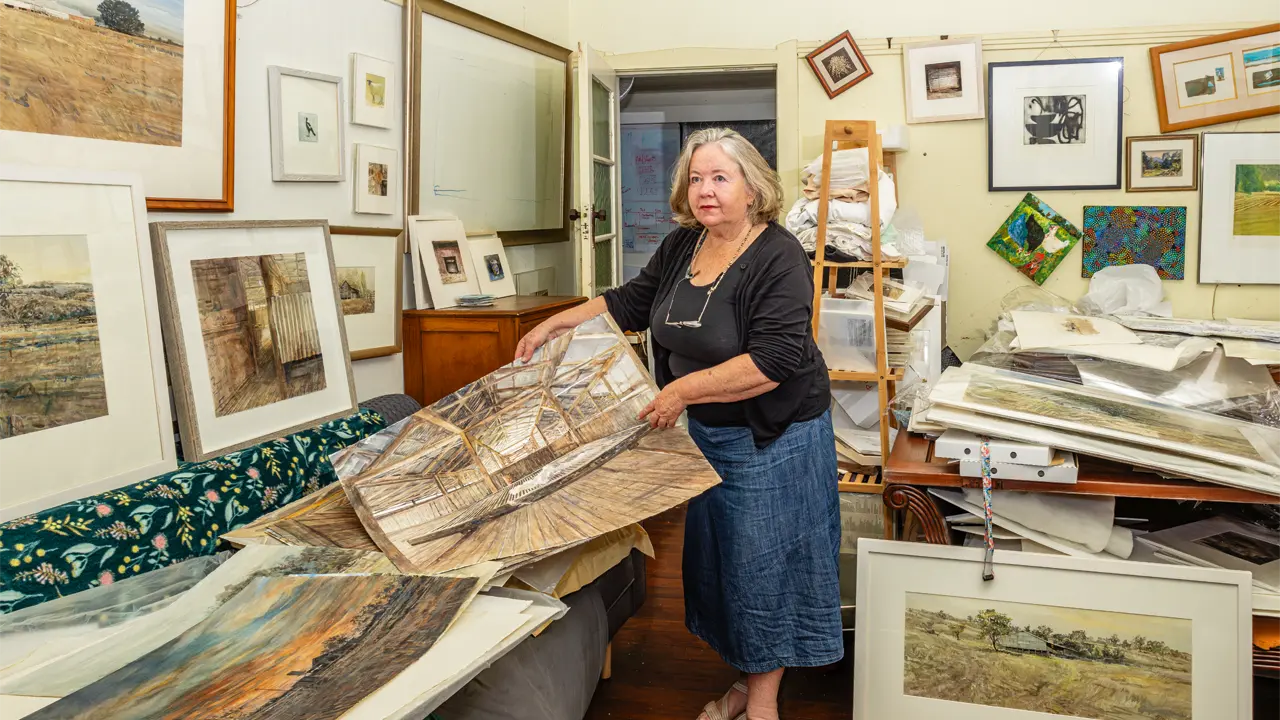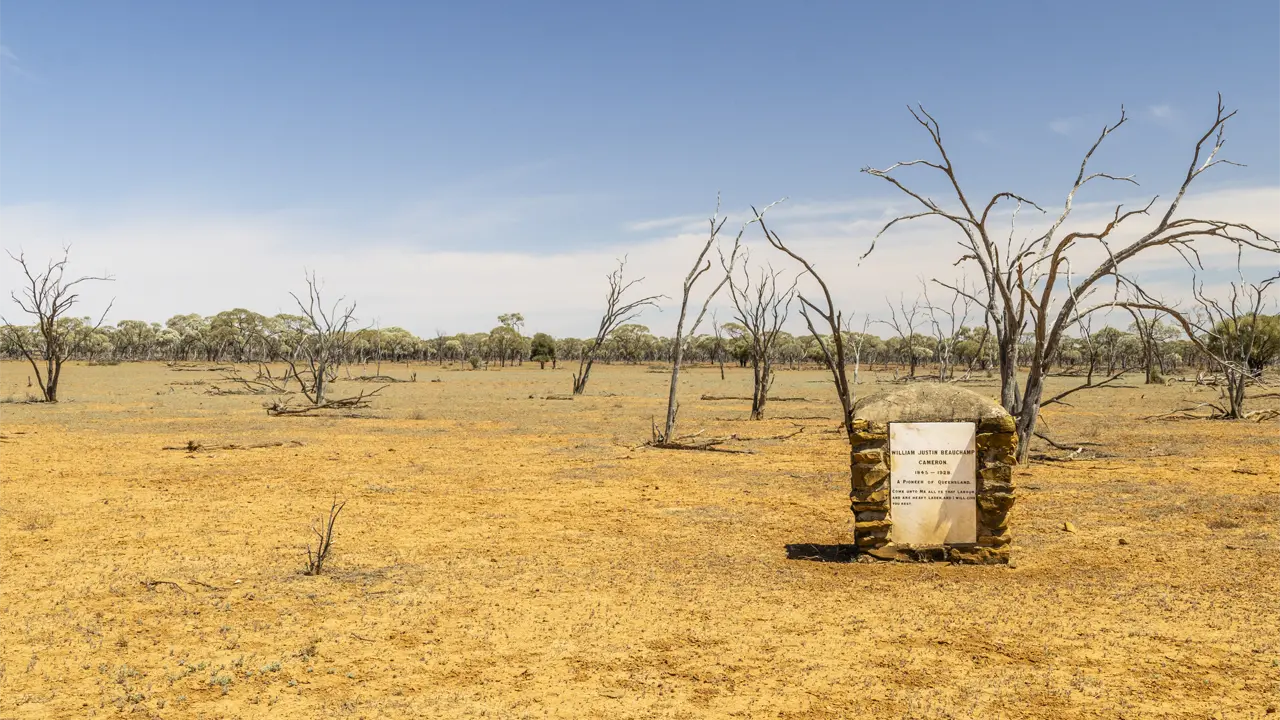The latest dynamic cohort of women in the National Farmers’ Federation Diversity in Agriculture Leadership Program graduated in October.
Story Ken Eastwood Photo courtesy Tracy Sullivan
Early in 2021, Broome-based vet Tracy Sullivan applied for the National Farmers’ Federation Diversity in Agriculture Leadership Program and was waiting to see if she got in. “I thought I’d like to develop my leadership skills further, and I had some public speaking engagements coming up, so I wanted to improve in that area.”
Then she was suddenly made president of the Australian Cattle Vets, a special interest group of the 8000-member Australian Veterinary Association, with all the media and liaison responsibilities that went with it. “I still hadn’t heard whether I’d got into the program, so I emailed them saying, ‘I’m pretty desperate’.”
Tracy was accepted as the only WA participant in the 2021 program and says it has been a huge help with everything from approaching ministers, to dealing with media and building a network of people in other sectors with whom she is now collaborating on various projects. “It really does help you develop better pathways to advancing your goals, and what you need to do to get the most out of them.”
Started four years ago, the Diversity in Agriculture Program has an overarching goal to double the number of women in agricultural leadership between 2018 and 2030. Each program has two main components, according to president of the National Farmers’ Federation Fiona Simson. The first is to encourage the companies and organisations who commit to partner with the program (including AACo, CPC, Coles, Cotton Australia, Syngenta and Rabobank) to develop their employment policies to help women and, secondly, to help the dozen women in the program each year get to the top level of leadership. “For meaningful change to happen in this sector in terms of gender diversity, we need a supply of skilled, fantastic women at the ready,” Fiona says. “We found there was a whole wealth of women who were board-ready, exec-ready, CEO-ready, but for whatever reason weren’t able to make that next step into those roles. How do we get these women into such roles if their skills are top-notch, which they are? Maybe they need a mentor to guide them through. Maybe it’s a confidence issue. Maybe they need networks and contacts.”
Fiona says the program is designed as a “short, sharp mentoring program”. It consists of a week-long intensive residential, followed by a speaker each week, and then a one-on-one mentoring program that is particularly loved by the participants. “They get to really see themselves through someone else’s eyes, and discover things about themselves that maybe they’d forgotten or not realised.”
This story excerpt is from Issue #140
Outback Magazine: December/January 2022










